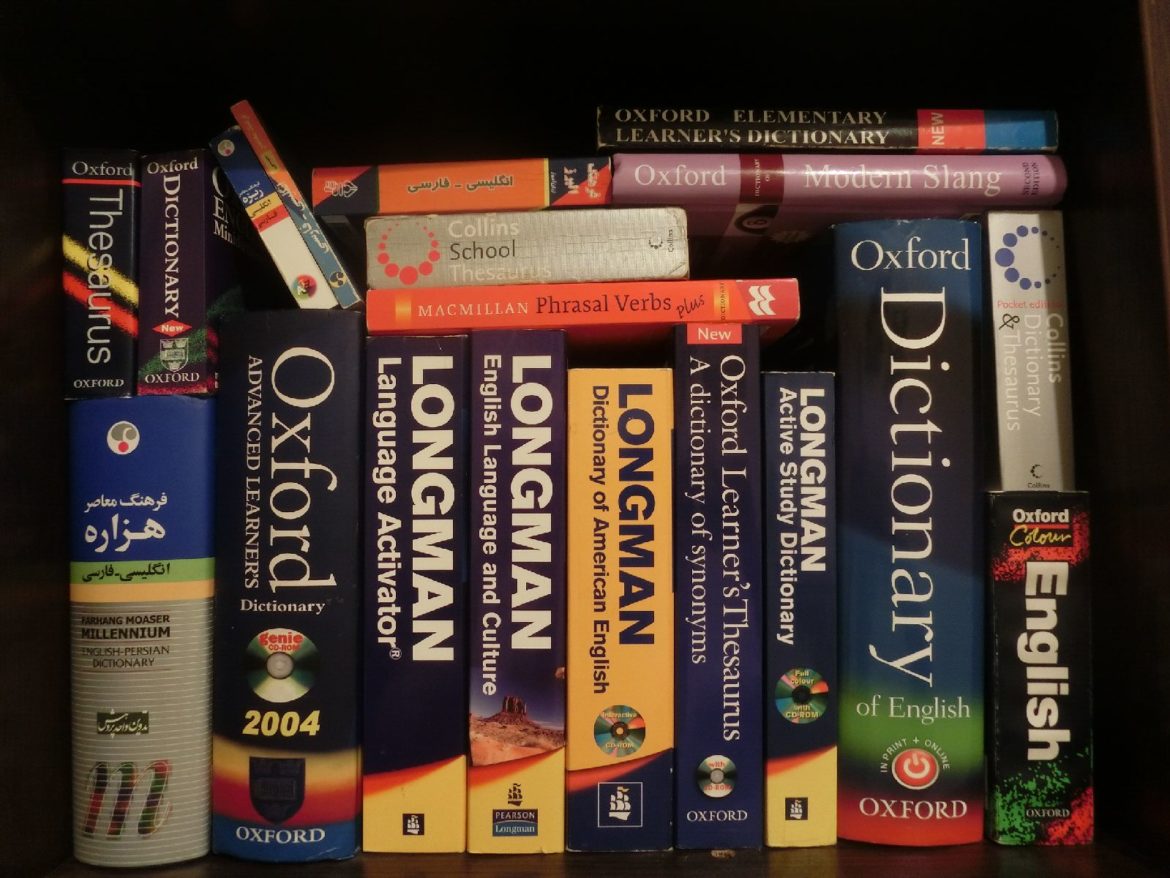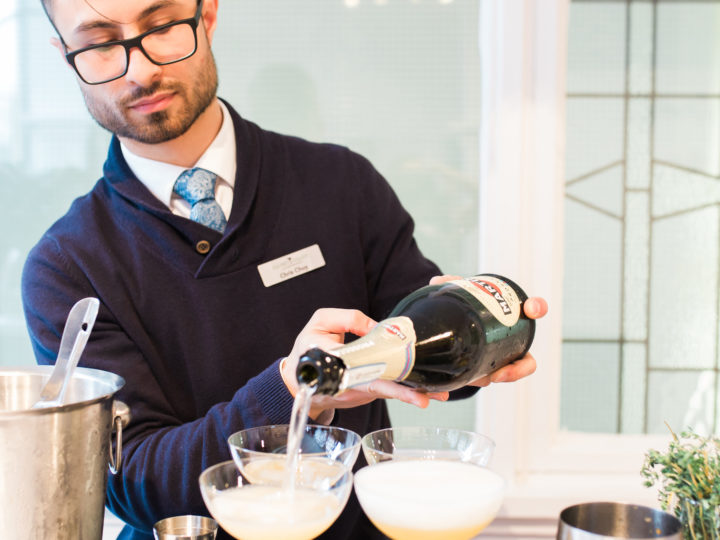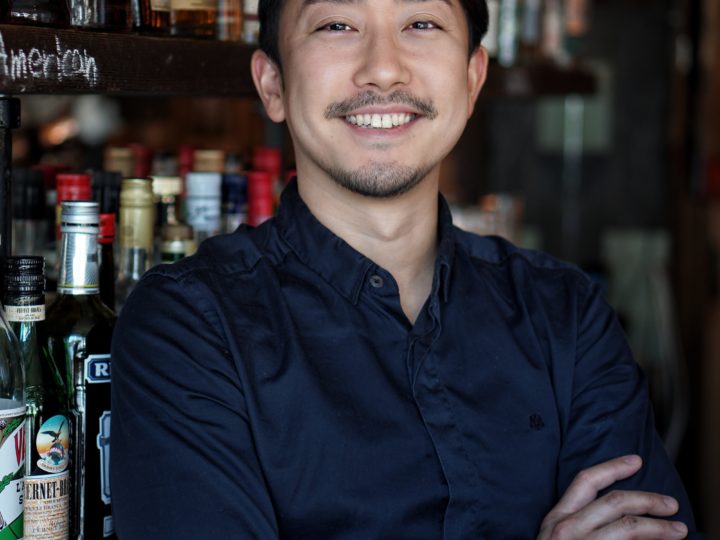
By Alex Black
The hospitality world is filled with its idioms and obscure sayings. We toss around the terms “86”, “2 top”, “campers” and the like in our daily routines all too often. We forget the general public doesn’t have access to the same glossary of terms that have been instilled in us by our peers. Much like when a brand ambassador or sales rep mentions KPIs (that’s Key Performance Indicator) sometimes our guests can be left a little jumbled when we tell them that we’re ”86 Averna because the LDB didn’t deliver it and we can’t hand buy because it’s a spec item.” We need to be able to mindfully converse with our guests so they can be made to better understand the message we’re trying to convey. However, some terms slip past the cracks on a daily basis and we don’t even recognize it. In fact, we regularly perpetuate and defend our actions based on tradition and outdated definitions.
Amongst the greatest of these threats to our bar vernacular is the notorious martini. We hold our noses up when a guest asks for a “vodka martini.” “That’s not a real martini,” we quip (the lesser of us out loud, most of us just in our minds) but almost all of us are off-put when someone fails to realize that this drink has a noble past and should be created and held to a specific standard. Heaven help the guest that asks for a “martini list” or wants the martini shaken. How dare they request such sacrilege at the sanctified bartop? Shouldn’t they know that the only way one should make a martini is with Old Tom gin, sweet vermouth, simple syrup, Boker’s bitters and Orange Curaçao? How dare they. Is that not the only way to make a martini? Should one not hold absolutely true to the original 1888 recipe? The one that was probably named due to a typo? The most gallant and revered cocktails in all the land? For those that claim they do, I should ask you where they get their Boker’s from? What the ABV of the Old Tom is? Which Curaçao have they chosen and what’s the ratio of the simple syrup? Would any variance within those still make a martini? And is the London dry gin, dry vermouth, orange bitters combo most serve with a few olives or a twist just an insult to our noble craft?
I’m not here trying to raise a Thesus’ Ship-like discussion, I am trying to express that by tossing back and forth a brief dialogue its easy to determine what a guest wants. It’s a simple task to engage a guest when they walk up to a bar and ask for a martini. Words and definitions are important, but our job is not to correct our guests’ choice of speech; we’re bartenders, not linguists. Our job is to tend to a bar and its guests and if one of those guests wants vodka shaken beyond repair without any modifiers and served up with olives, who are we to take the joy of that experience away from them? Our job is to make the cocktail in whichever way they want. Coincidentally enough, “cocktail” is another one of those words. We’re often quick to mention that a cocktail is “a stimulating liquor, composed of spirits of any kind, sugar, water and bitters.” Without all those parts it just simply couldn’t be, and what of the word before 1806? Are we hell-bent on preserving a definition from over two hundred years ago without realizing that shortly before the term “cock-tail” was reserved for the act of shoving ginger up a horses rear-end to make it appear more lively? I don’t know too many people pulling up a chair at happy hour for this experience, (well there’s probably a market somewhere for it). A few years back during a Tales of the Cocktail seminar, Greg Best moved to redefine the term once again to mean “balanced libations that bring people together to celebrate life.” I’d proudly second that motion, if nobody has already.
The fact of the matter is that language evolves; go back and read Canterbury Tales or further back and read Beowulf and you’ll find a myriad of words no longer used as intended in by those books. Language changes because the needs of its speakers change, people need to repurpose words to help better convey their intended message. It’s our jobs as bartenders to listen with the intent to best serve our guests based on their desires, we need to be able to hear past just the words and pay attention to their intended meaning. I’ll quickly ask another question, can one explain to me the history behind and how on makes a Sazerac? I’m sure we’ve all heard some very romantic tales of Antoine Peychaud and the Sazerac coffee house in New Orleans, possibly on how it was traditionally served in an egg cup, (or in French a coquetier, and it birthed the word “cocktail”). Would it shock us to know that during the time we’re all led to believe the Sazerac was created that no such style of drink really existed in the South, and if David Wondrich is to be heard the Sazerac was a creation of either New York, Albany or Boston? Are we better to be blind to the fact that there is absolutely zero evidence of the drink existing before the early 1900s, more than one hundred years after the word cocktail was first seen in print? How would the suspender-clad, moustachioed mixologist feel if he knew that the original written recipe called for Selner bitters, not Peychaud’s?
In our industry, we’re bombarded with over-romanticized tales passed down from generations ago, reworked by marketing and sales teams and shared almost exclusively in the presence of alcohol. Over the course of time the fish tend to get a bit bigger, it would seem. It’s our jobs as to search out the truth in these tales and continue to educate ourselves and our community with the knowledge we uncover. Fifteen years ago I was certain that Jack Daniel’s wasn’t bourbon because it wasn’t made in Kentucky. Yes, I was wrong; yes, I should have researched this more; yes, I spread this knowledge as gospel; and yes, I’m embarrassed because of it. You see, at every corner of the globe there is an erroneous version of me, either behind the sticks, in front of a key board or sitting next to you in a bar that couldn’t be more sure of themselves on how or why we do our jobs. It’s not our job to correct a guest, it’s certainly not our job to argue with them. If that’s a hard pill to swallow maybe consider this: whom would you rather tip, the guy who spends five minutes pouting and explaining to you that Ted Saucier is to blame for the term “vodka martini” or the guy who spend thirty seconds shaking your vodka and serving it up with some olives and a smile?





